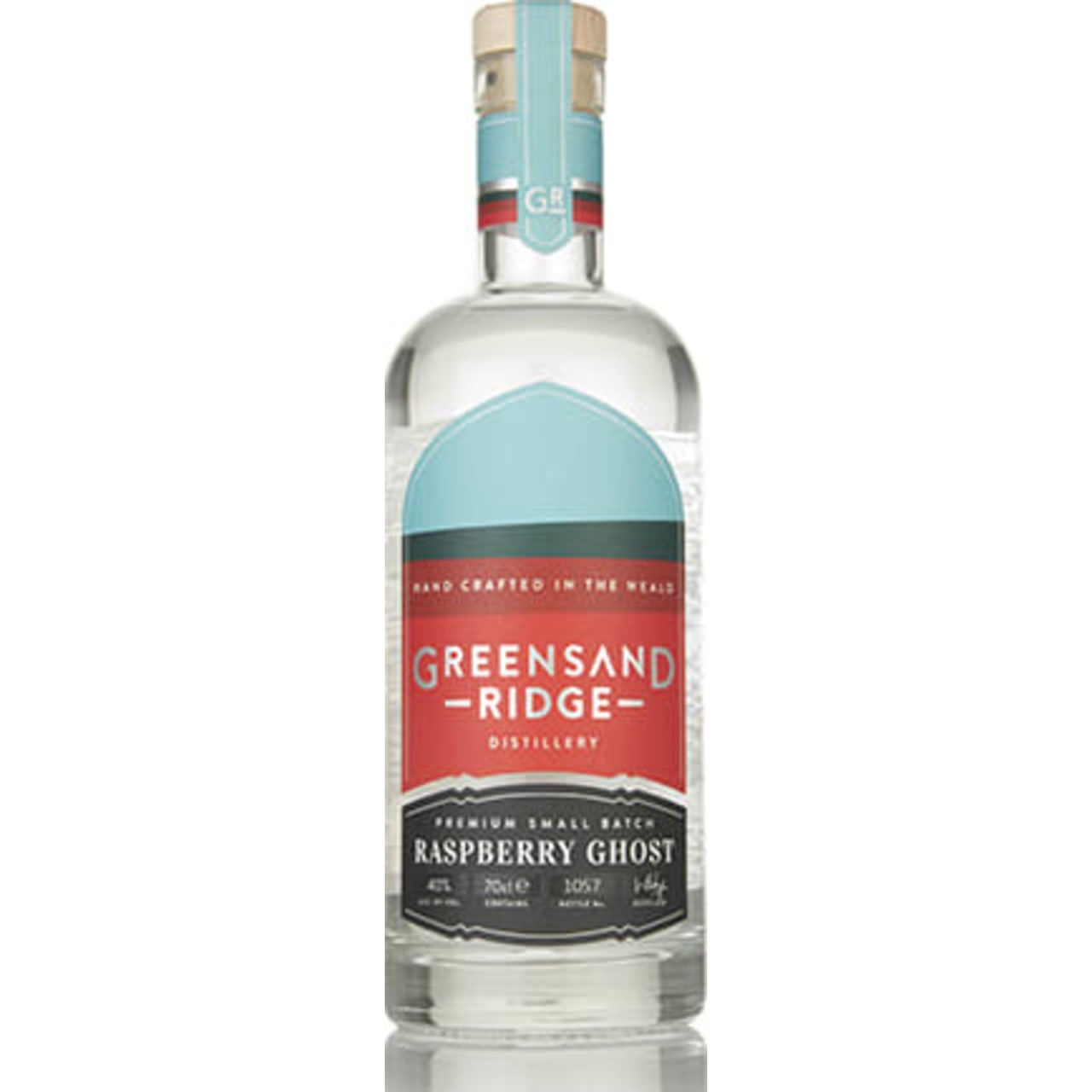From extreme weather patterns to melting glacier caps and rising sea levels, climate change is wreaking havoc on our world. Caused primarily by burning fossil fuels, which increase heat-trapping greenhouse gases in the Earth’s atmosphere, the only way to limit global warming is to dramatically reduce emissions worldwide.
From farming to distillation (and beyond), the spirits industry is incredibly carbon intensive, so offsetting has a vital role to play in mitigating its impact on the planet.
But, how does carbon offsetting work, how can consumers be confident in its credibility, and how will it actually help achieve net zero goals?
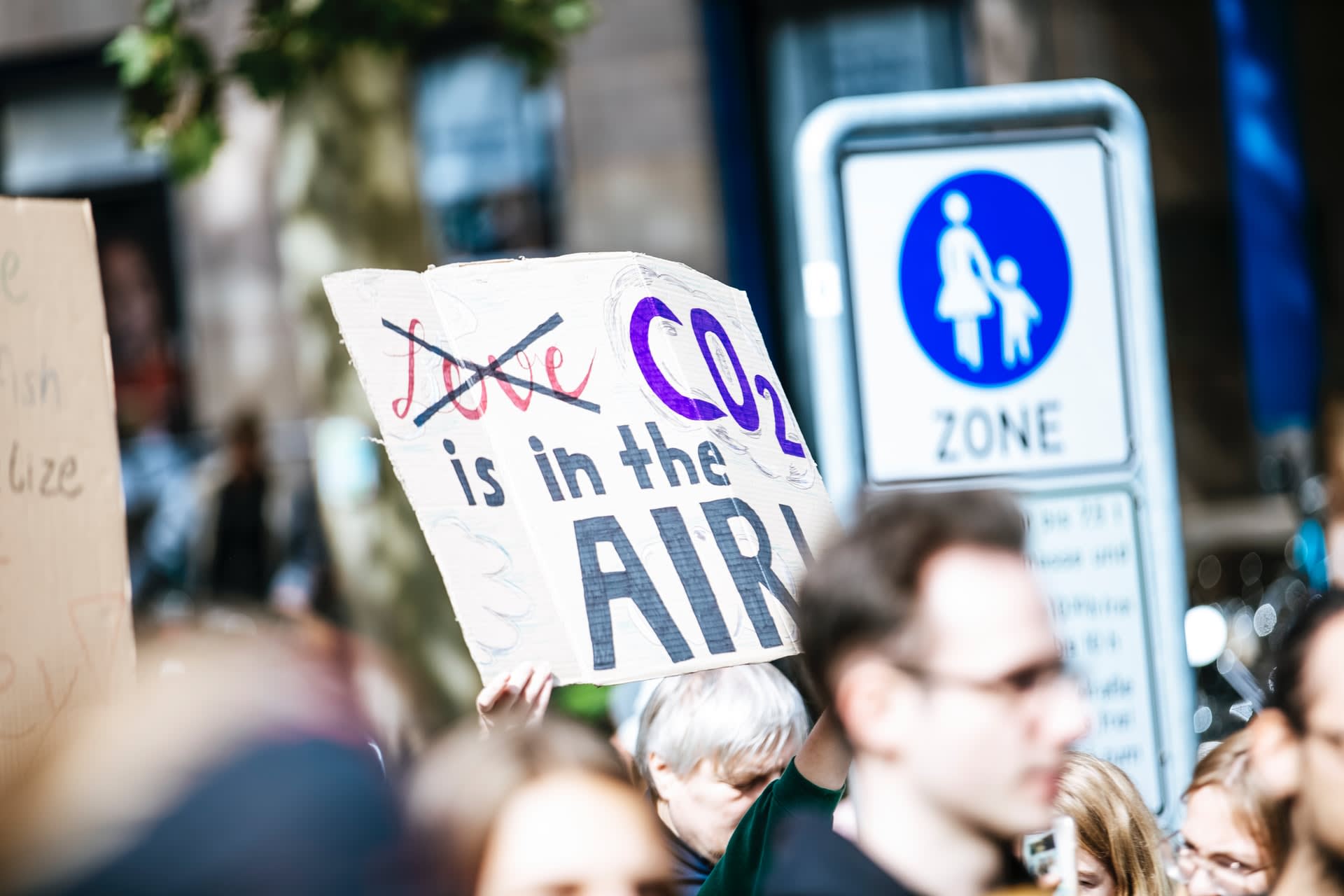

Offsetting Carbon
Offsetting is a process used to compensate for one's own carbon impact by purchasing a credit representing an equivalent unit of CO2 that has not been emitted elsewhere. Offsetting can be achieved by emissions avoidance, emissions reduction or by the physical removal of greenhouse gases from the atmosphere.
A relatively new market, operating in a sphere where carbon reporting and labelling is not yet mandatory either, offsetting is liable to both misunderstanding and misrepresentation. And at its worst, critics argue, can enable polluters to keep polluting, which is why transparency will be key to the system’s success.
Having purchased Scotland’s Kinrara estate in 2020, Brewdog’s marketing machine went into overdrive promoting their flagship sustainability project in 2021. The now infamous “Lost Forest'' would, we were told, be planted with one tree for every pack of Lost Lager sold.
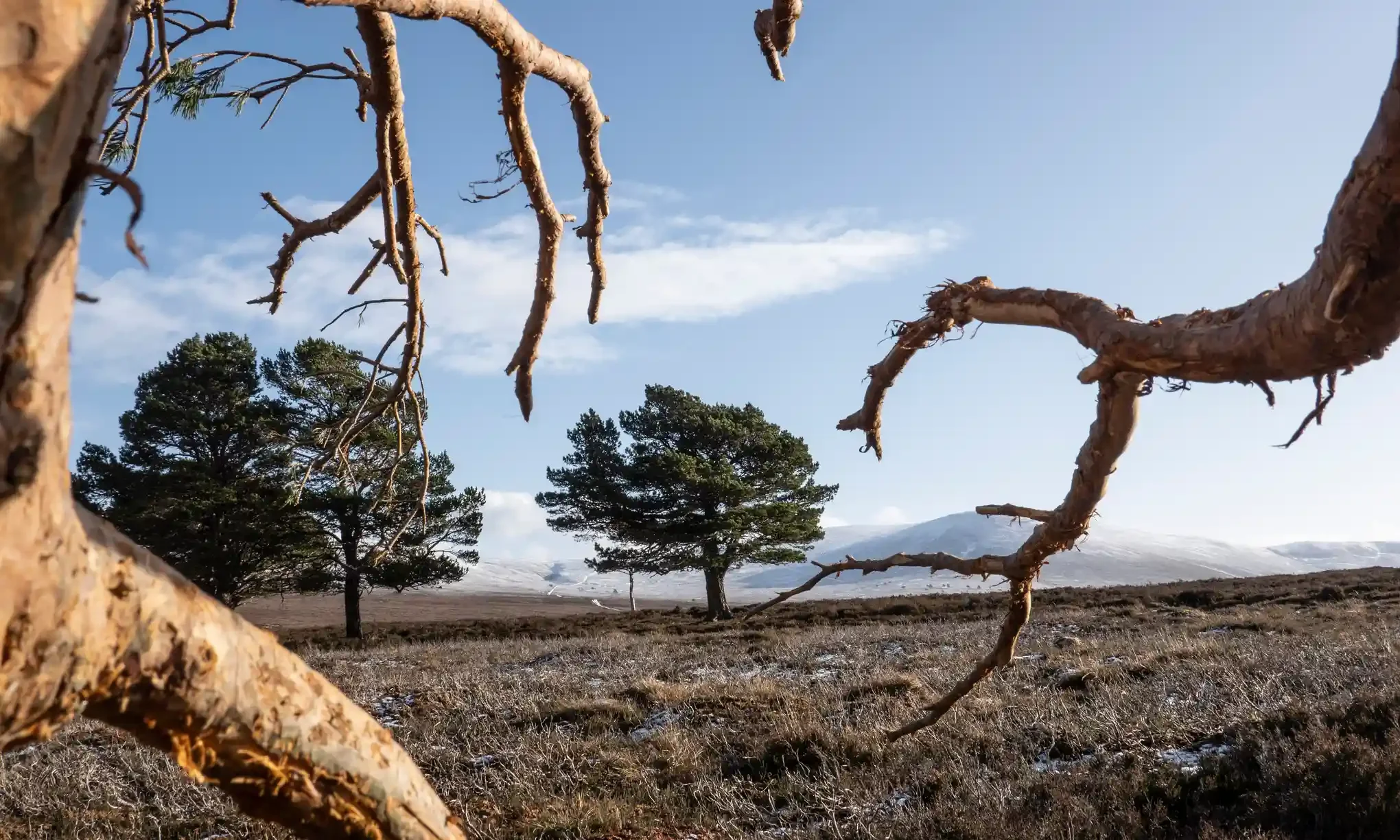

However, it has since transpired that Brewdog has applied for £1.25m of taxpayers’ money, in the form of a forest grant scheme subsidy, for the first phase of tree planting. Their original claim that the scheme could capture up to 550,000 tonnes of carbon a year was also incorrect - the revised figure now estimates that it will take 100 years to capture even 1m tonnes. The unregulated project has also raised questions regarding its impact on local communities, with investors pushing up land prices, and on biodiversity, with the brewing giant planning to cull native deer and hares.
Brewdog were caught out on this, and called out on it too during a BBC investigation. But it raises the question - how many others make claims and don’t follow through as intended? Who audits it and how can an everyday consumer trust that brands aren’t greenwashing their products?
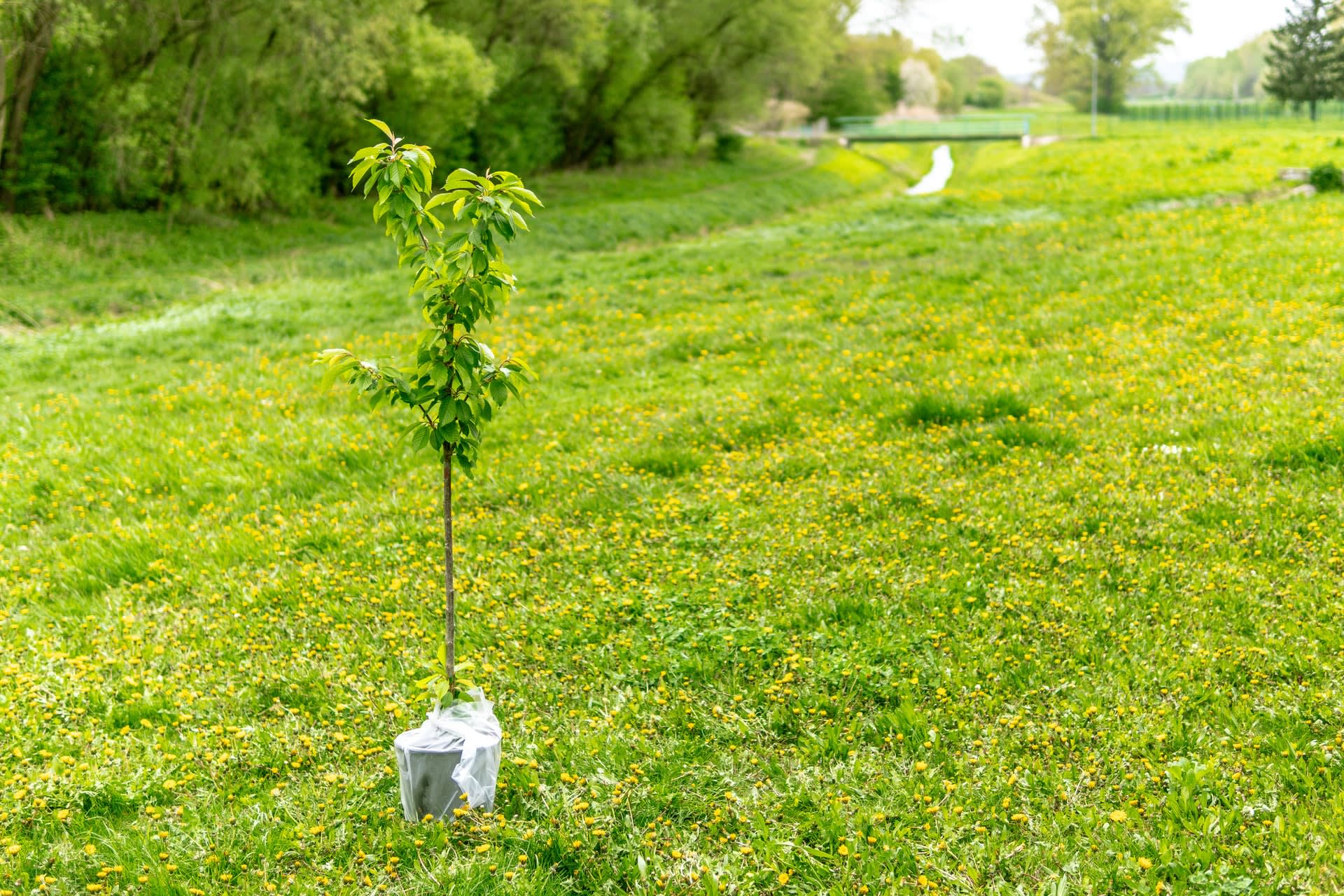

Above and beyond
When Will Edge chose to pursue carbon neutrality status for Greensand Ridge Distillery, he opted for PAS2060 certification due to its rigorous standards. It stipulates that producers both demonstrably reduce their impact, and only offset residual emissions using high-quality verifiable carbon credits.
In accordance with those standards, and his personal ethics, Will has invested in projects such as one in India which generates electricity using waste rice husks. This, in turn, also benefits local communities by funding health centres, women's education and clean water projects.
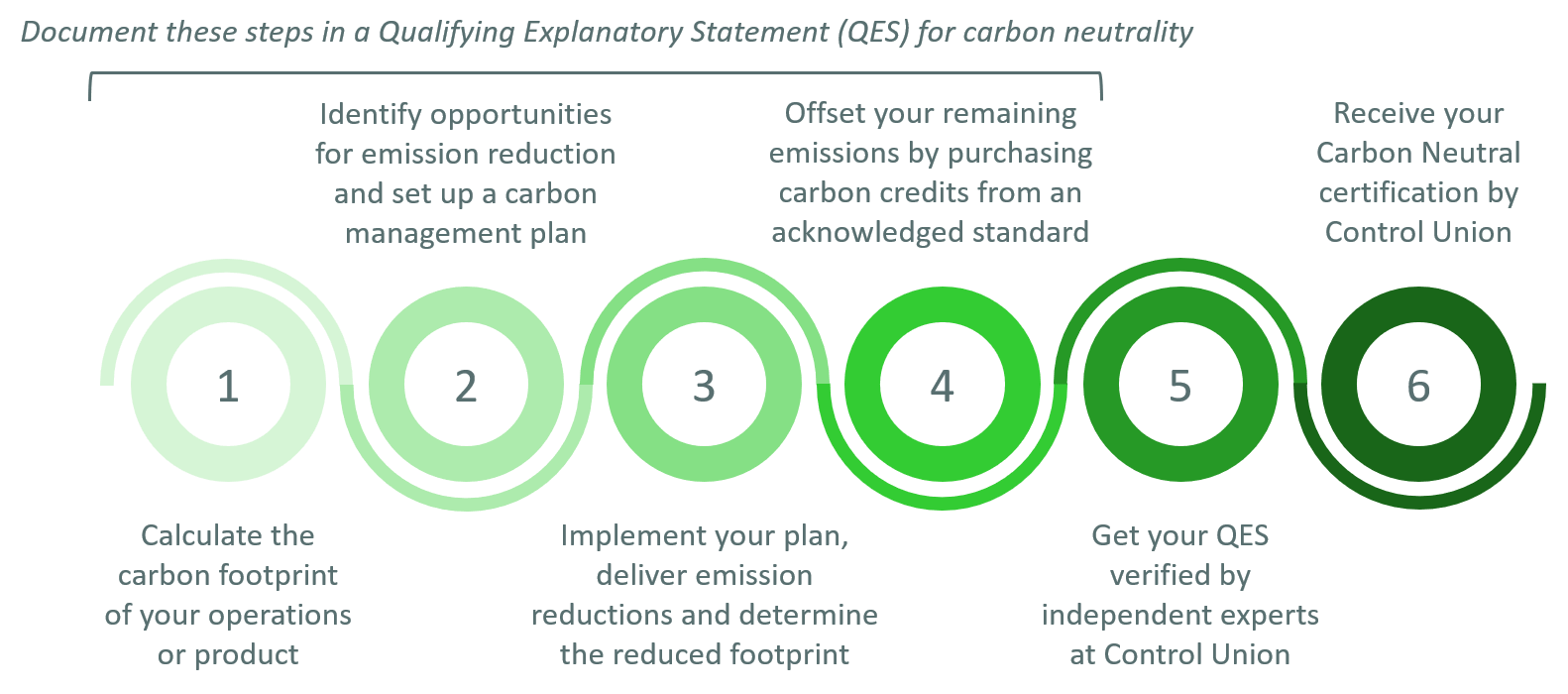

However, such emission reduction schemes are not sufficient to reverse climate change alone. We also need to literally remove CO2 from the air. The Scotch Whisky Association has set a target of 2040 for achieving net zero status, but organic distillery Nc’nean have achieved this already (for scope 1 & 2 emissions), first by designing the distillery to operate on renewable energy, and then by investing in projects such as peatland restoration, reforestation and biodiversity reintroduction, as part of Highland Carbon’s nature-based emissions removal programme.
Overall, however, the UK carbon credit market is relatively immature, with only a limited number of removal schemes available. This prompted Yorkshire’s Cooper King Distillery, producers of England’s first carbon negative gins, to invest instead in an afforestation project in Uruguay, which converts degraded land into silvopasture - an integrated habitat for trees and livestock which offers not only carbon sequestration but also increased biodiversity.
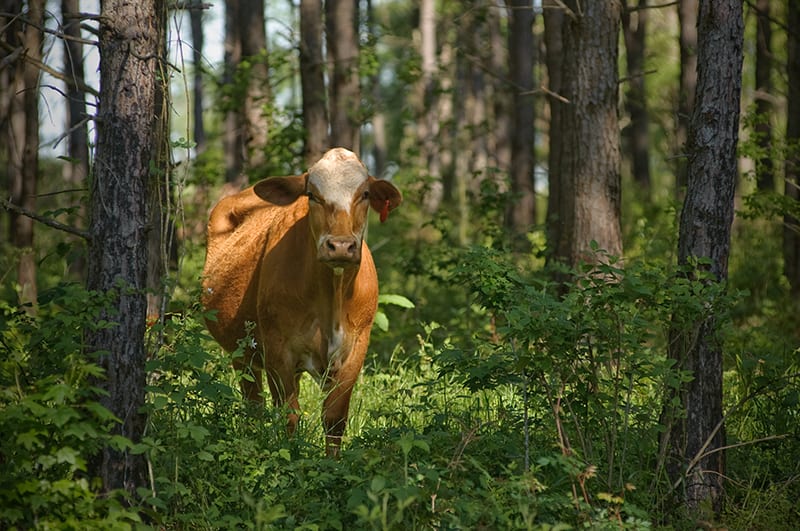

However, nature-based carbon removal projects such as tree planting can take up to 10 years before they start retaining and sequestering carbon. In addition to offsetting, Cooper King plant 1m2 of native woodland for each bottle of gin sold (in partnership with the Yorkshire Dales Millennium Trust), but they do not include the potential 16.6kg of carbon it could lock away over the next 50 years in their carbon-negative assessment, viewing it instead as a “way of investing in the future”.
Return on that investment also can’t be guaranteed, with nature-based schemes at risk of destruction - such as deforestation and fire - which would release CO2 back into the atmosphere.
Going above and beyond to be ahead of your demand, as well as working robust verifiable programmes is, it seems, the only way to ensure the amount of carbon being offset matches the required quantity.


We need more than trees
Fundamentally, it is the impossibly vast land and water demands of tree planting that make it essential we shift towards long-term technology-based carbon capture and storage schemes.
Russ Wakeham, an organic chemist and Founder and CEO of Devon’s Two Drifters carbon negative distillery, is a proud advocate of such technology, partnering with Climeworks - who capture carbon from the air using renewable, geothermal energy - and Carbfix, who inject the CO2 into porous rocks where, through natural mineralization, it turns into stone which can be stored underground.
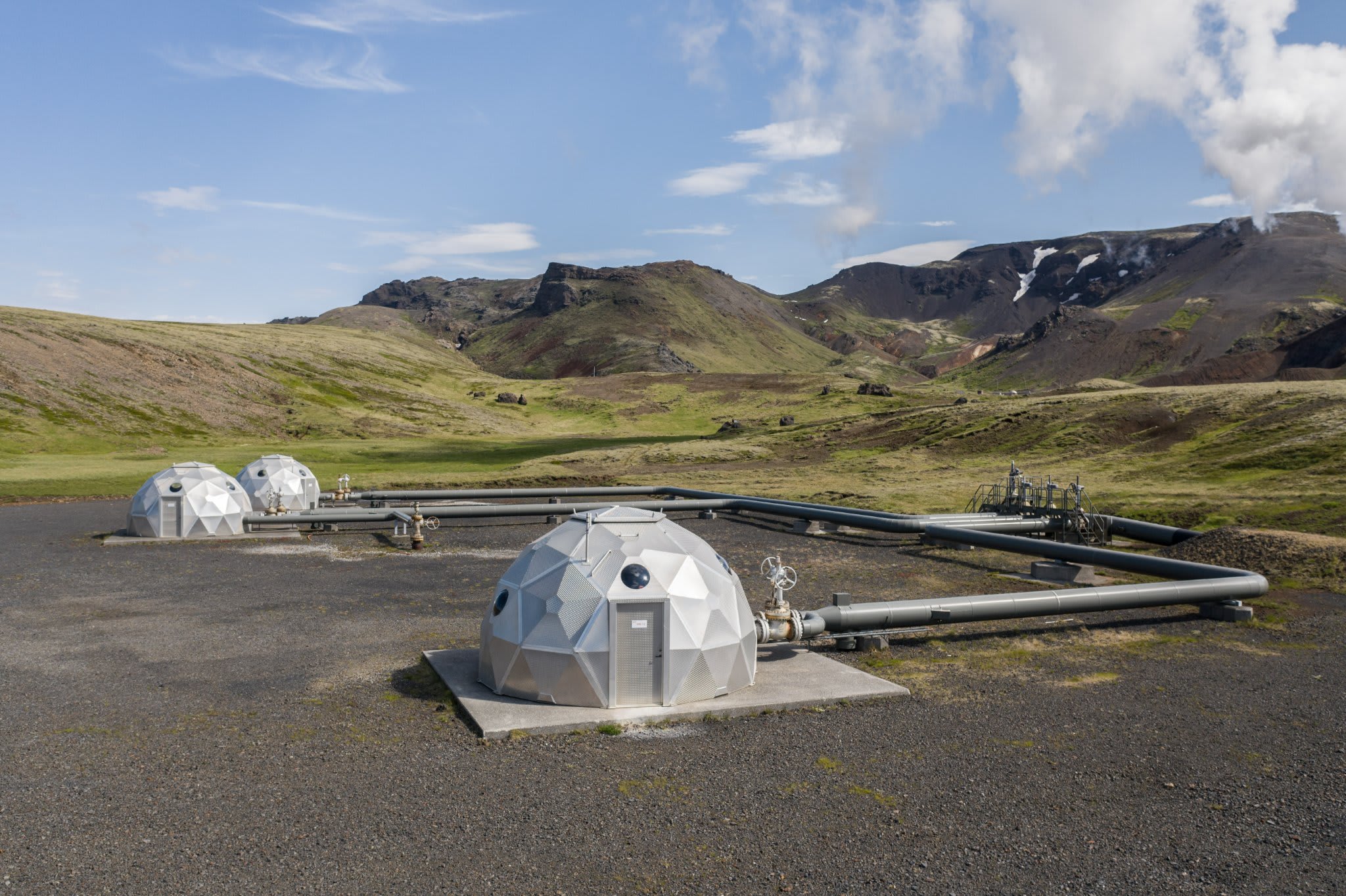

Relatively quick (taking 2-5 years) and requiring only a small physical footprint, this form of capture and storage is also fully measurable and permanent. And, perhaps reassuringly, expensive: Russ views it as a self-imposed carbon tax, saying it is far cheaper for them to avoid creating CO2 in the first place than it is to pay for its removal.
To achieve net zero, it’s critical that investment in scaling and improving technological solutions to long-term carbon storage starts now. And Russ is doing his bit on that front too, partnering with Exeter Science Park’s Sigma Technical to design a prototype small-scale carbon capture machine that could be powered by the excess heat from distillery operations. The upshot would be the compression of captured CO2 into cylinders, which could be used for a variety of simple uses including carbonating drinks.
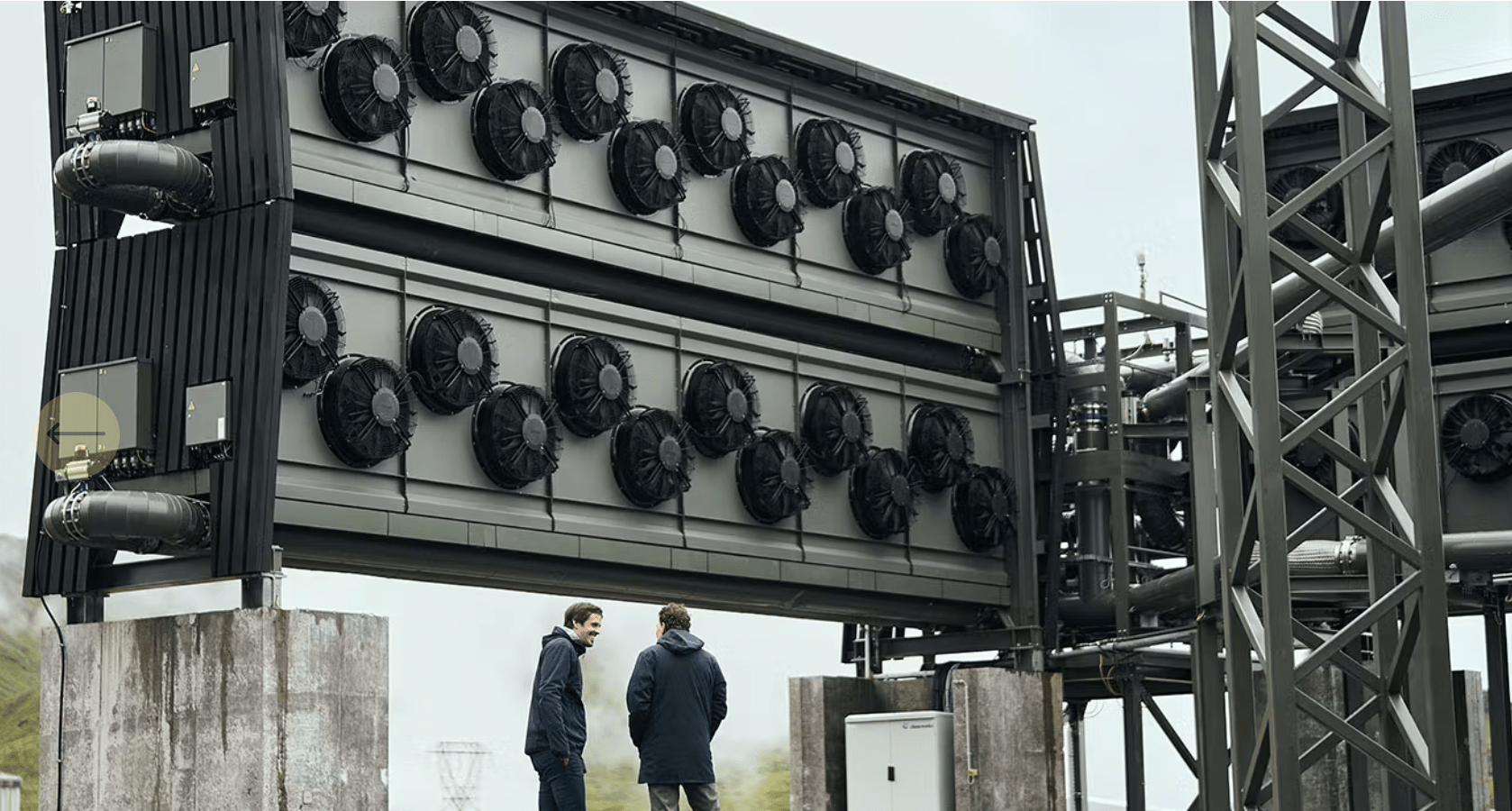

The real key to mitigating, and reversing, the effects of climate change is in recognising both the value and the limitations of all reduction and offsetting schemes.
Technological carbon removal and long-term storage is undoubtedly necessary to achieve net zero, but that alone will do nothing to support sustainable development, restore ecosystems or improve biodiversity. A wide range of solutions are required for the end goal to actually achieve what we all want – a sustainable world and clean future.
Now is time for the whole industry to get behind these pioneering distilleries, to encourage more to follow suit and get on board with this holistic approach to solving the climate crisis through both carbon reduction and credible offsetting.






